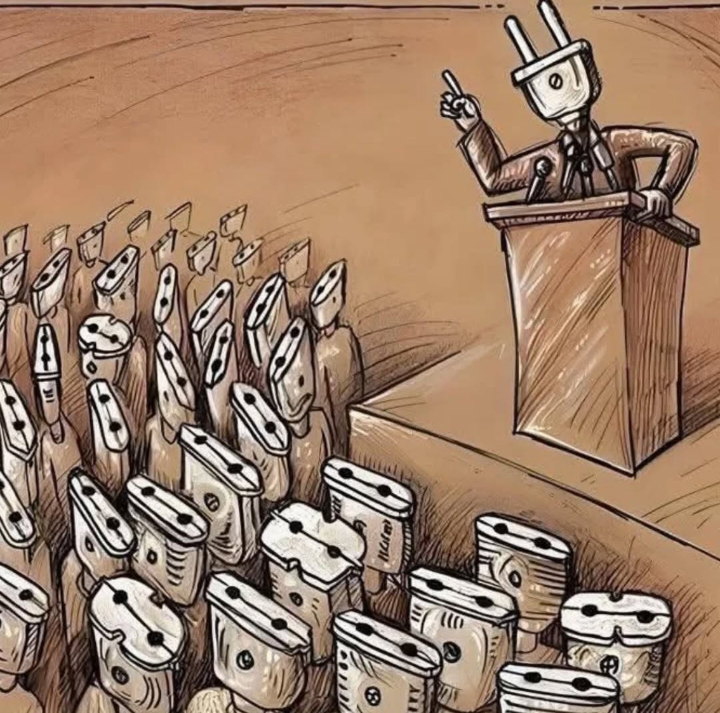Hi all, today I would like to share about the interesting topic, namely "Failure is a success in progress" , the main reason why I choose that topic because not everyone is willing to accept failure even though it is temporary, not everlasting journey, in order to understand the failure, we need to lower our ego until we find the meaning of failure, if we want to pass from the pain of failure, we must accept it's existence without doubt, accepting failure is an essential part of personal growth and success. Here are some key reasons why we must embrace failure:
1. Failure is a Learning Opportunity
- Failure teaches us valuable lessons that success cannot. It highlights areas where we need improvement and provides insights into what doesn’t work.
- Example: Thomas Edison failed thousands of times before inventing the light bulb. Each failure brought him closer to success.
2. Builds Resilience and Strength
- Overcoming failure builds mental and emotional resilience. It prepares us to handle future challenges with greater confidence and adaptability.
- Example: Athletes often face setbacks but use them to become stronger and more determined.
3. Encourages Innovation and Creativity
- Failure pushes us to think outside the box and explore new approaches. It fosters creativity and innovation.
- Example: Many groundbreaking inventions and discoveries were born from repeated failures.
4. Helps Us Appreciate Success
- Without failure, success would not feel as rewarding. Failure provides contrast and makes achievements more meaningful.
- Example: Struggling to achieve a goal makes the eventual success much sweeter.
5. Teaches Humility
- Failure reminds us that we are not perfect and that mistakes are part of being human. It keeps us grounded and humble.
- Example: Leaders who have experienced failure are often more empathetic and understanding.
6. Opens New Doors
- Sometimes, failure redirects us to better opportunities or paths we might not have considered otherwise.
- Example: Losing a job might lead to discovering a more fulfilling career.
7. Develops Problem-Solving Skills
- Failure forces us to analyze what went wrong and come up with solutions. This strengthens our critical thinking and problem-solving abilities.
- Example: Scientists often learn more from failed experiments than successful ones.
8. Builds Character
- How we handle failure defines our character. Accepting failure with grace and determination shows maturity and strength.
- Example: Many successful people credit their failures for shaping their character and work ethic.
9. Reduces Fear of Failure
- Accepting failure helps us overcome the fear of it. When we realize failure is not the end, we become more willing to take risks and pursue our goals.
- Example: Entrepreneurs often fail multiple times before achieving success, but they don’t let fear stop them.
10. Aligns with Growth Mindset
- Accepting failure is a key part of having a growth mindset—the belief that abilities and intelligence can be developed through effort and learning.
- Example: Students who embrace failure as part of learning tend to perform better academically.
Failure is not the opposite of success; it is a steppingstone toward it. By accepting failure, we unlock the potential to grow, learn, and ultimately achieve our goals. As the saying goes, "Failure is simply the opportunity to begin again, this time more intelligently." – Henry Ford.


